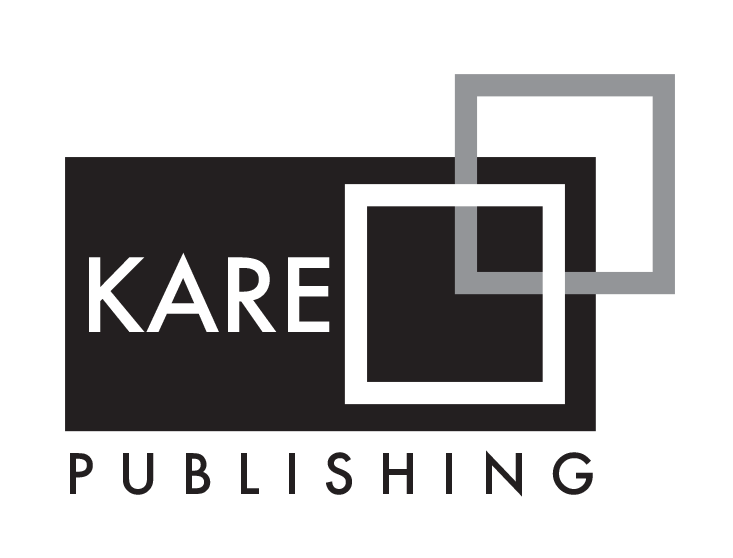Abstract
Objective: In patients with moderate-to-severe inflammatory bowel disease who do not respond adequately to anti-TNF therapies, ustekinumab and vedolizumab offer alternative biologic treatment strategies. This study investigates and compares their clinical effectiveness and therapeutic response rates in a real-world setting.
Methods: A total of 156 patients treated at a tertiary university hospital from January 2017 to October 2024 were included, with 80 patients receiving vedolizumab and 76 receiving ustekinumab. Data on gender, age, previous treatments, CRP levels, and disease activity (Mayo or Harvey–Bradshaw Index) were collected. Primary non-responders were defined as patients who did not achieve a clinical, laboratory, or endoscopic response within the first 24 weeks. Secondary non-responders were those who failed to respond within 52 weeks.
Results: Among the patient group, 49.4% were diagnosed with ulcerative colitis (UC), and 50.6% with Crohn's disease (CD). The median treatment duration was similar for both drugs. No significant differences were found in pre- and post-treatment Mayo scores for UC patients or in the Harvey–Bradshaw Index for CD (P = 0.151, P = 0.158, P = 0.013, P = 0.007). At week 24, primary non-response rates were 15.78% for ustekinumab and 22.50% for vedolizumab (P = 0.316). At week 52, secondary non-response rates were 11.47% for ustekinumab and 21.25% for vedolizumab (P = 0.302).
Conclusion: Among individuals with inflammatory bowel disease who fail to respond to anti-TNF therapy, ustekinumab and vedolizumab demonstrated comparable effectiveness. No statistically significant difference was observed in rates of primary or secondary non-response. Larger, more comprehensive studies are needed to confirm these findings.

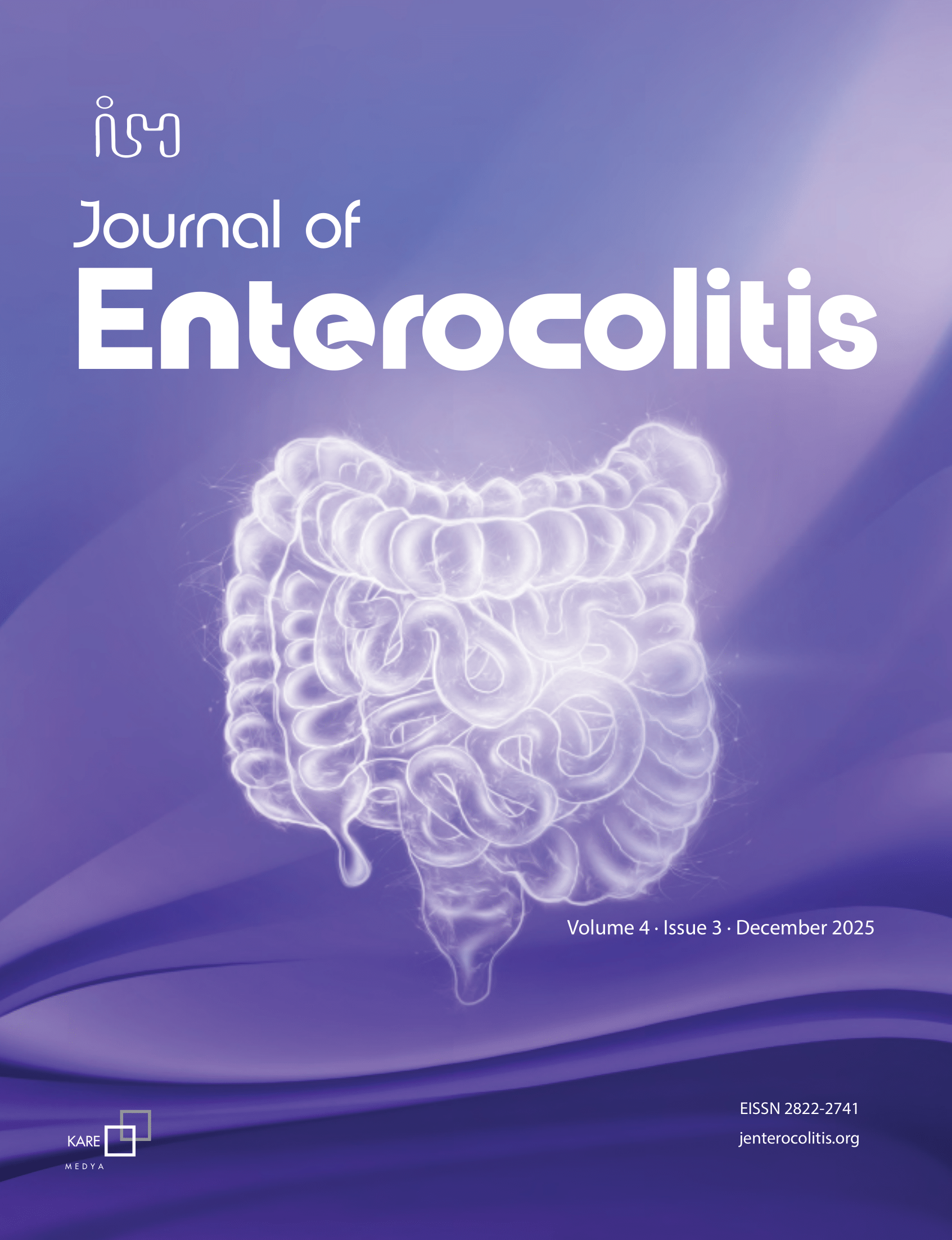
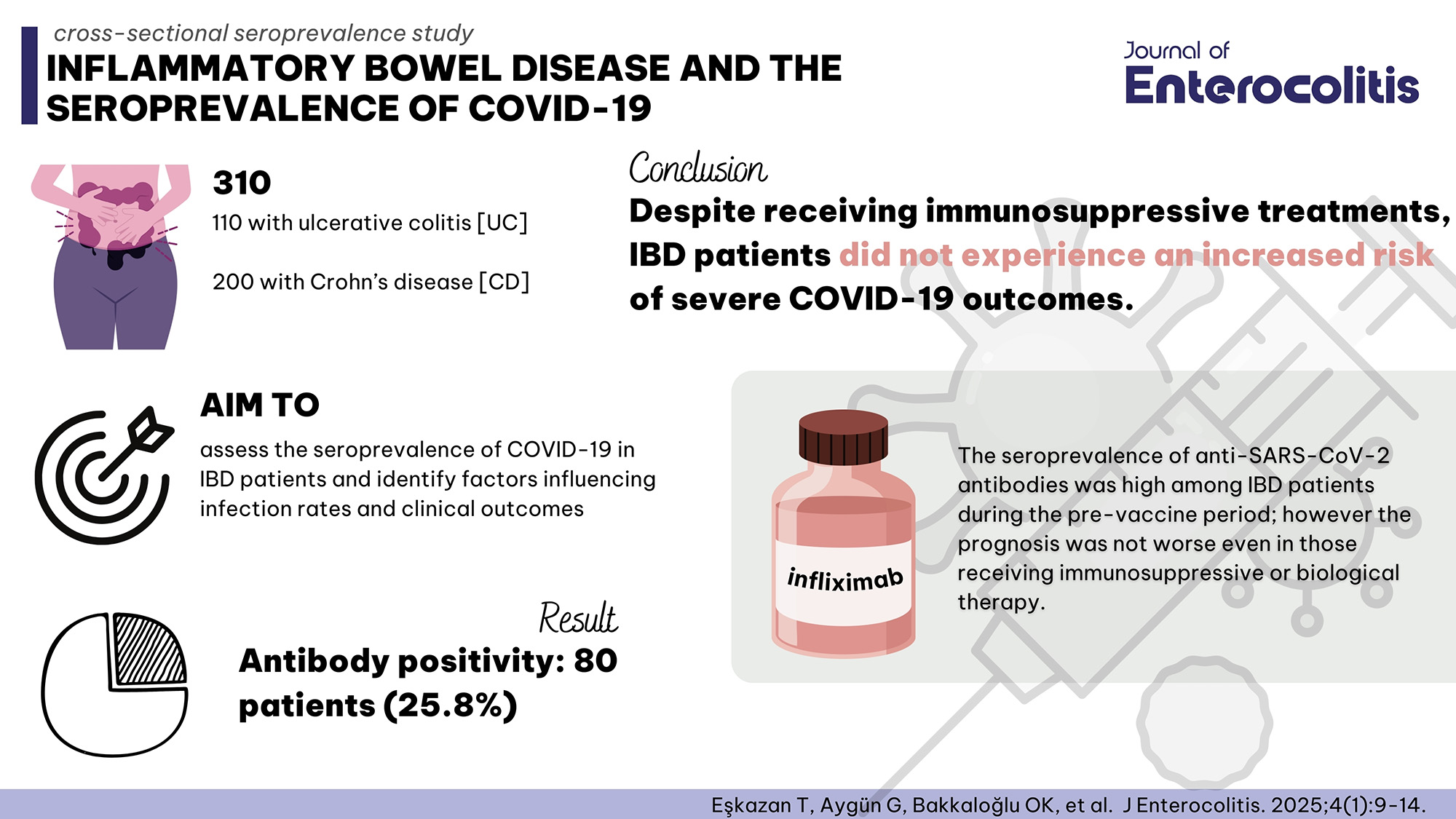
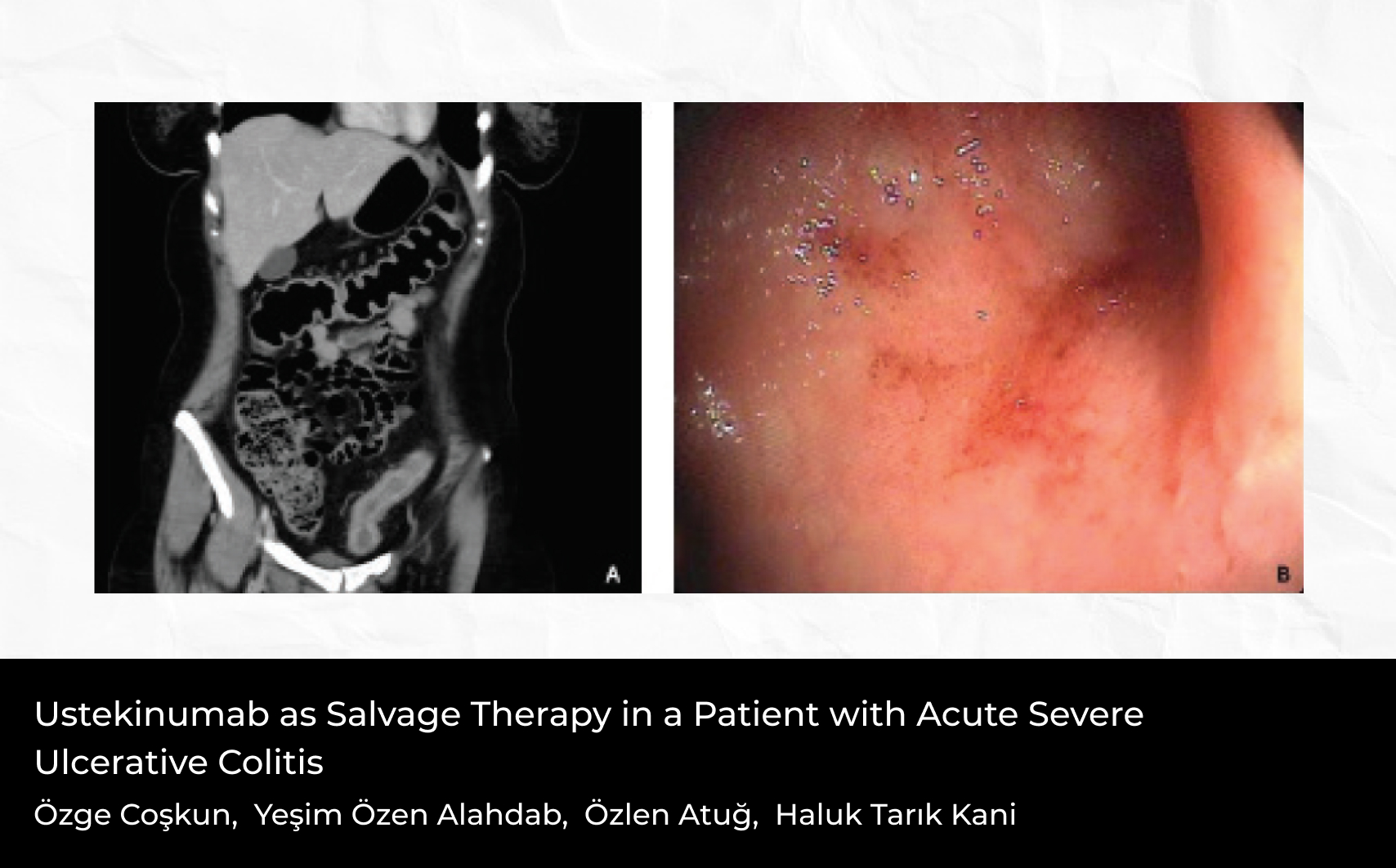
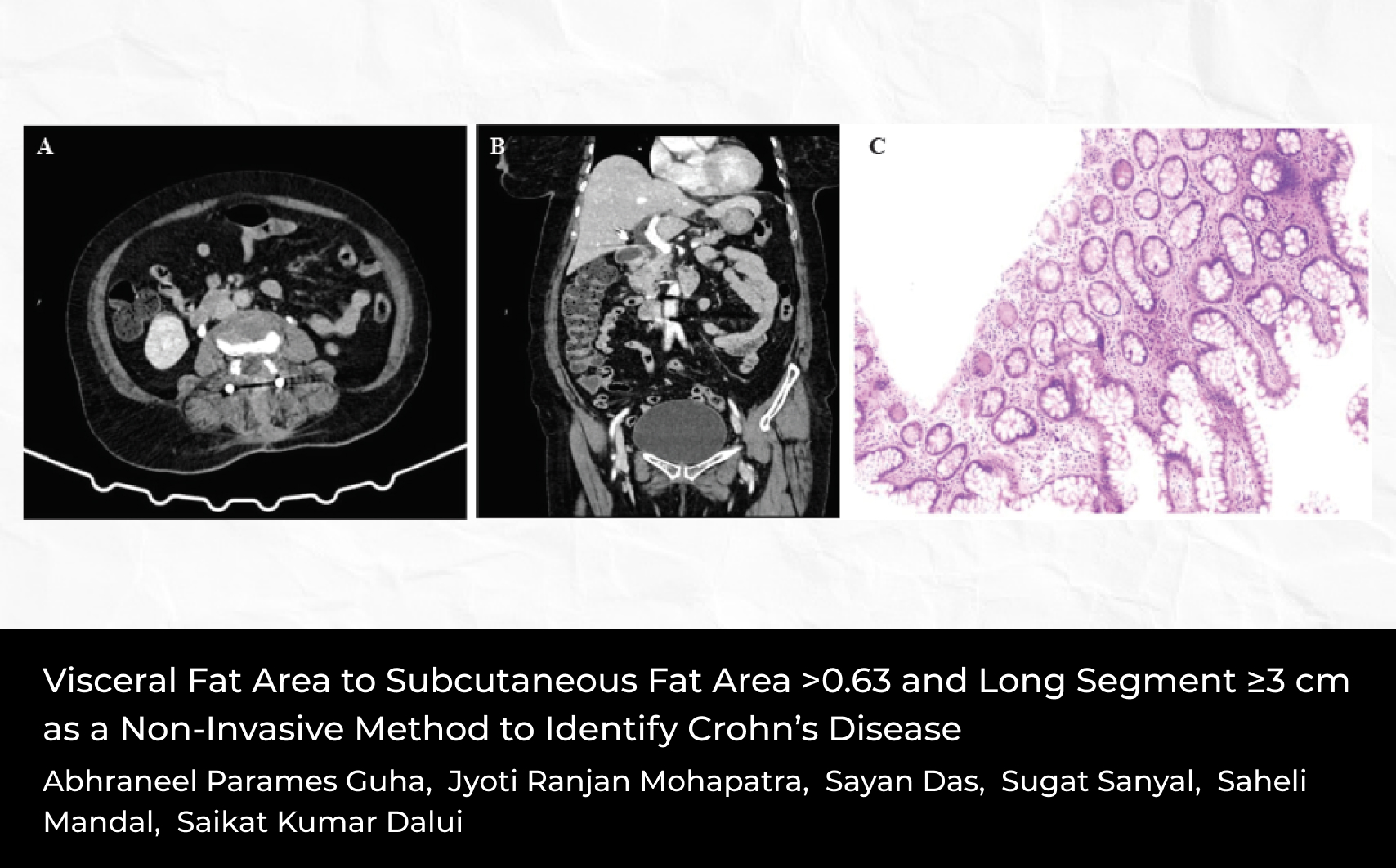
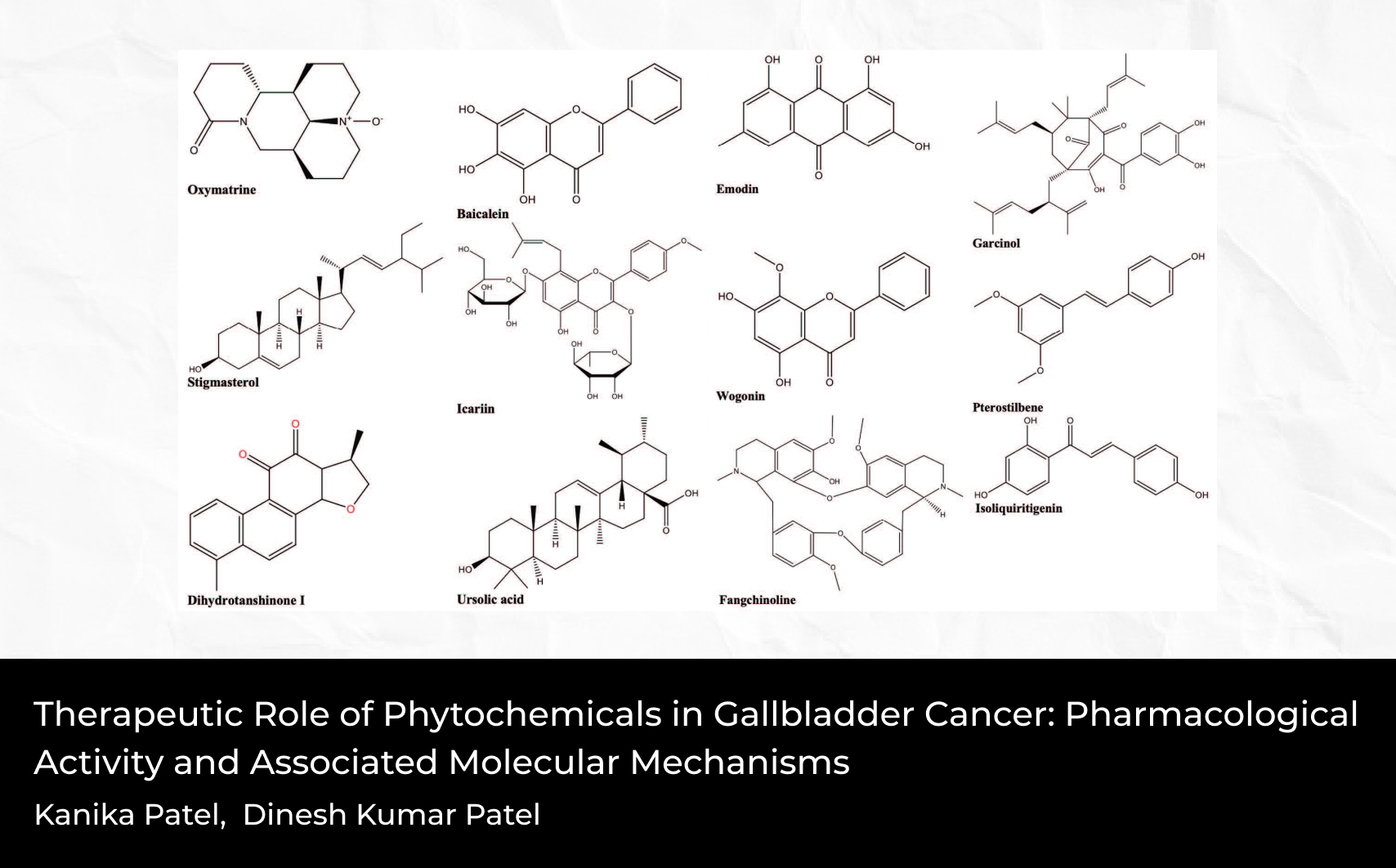
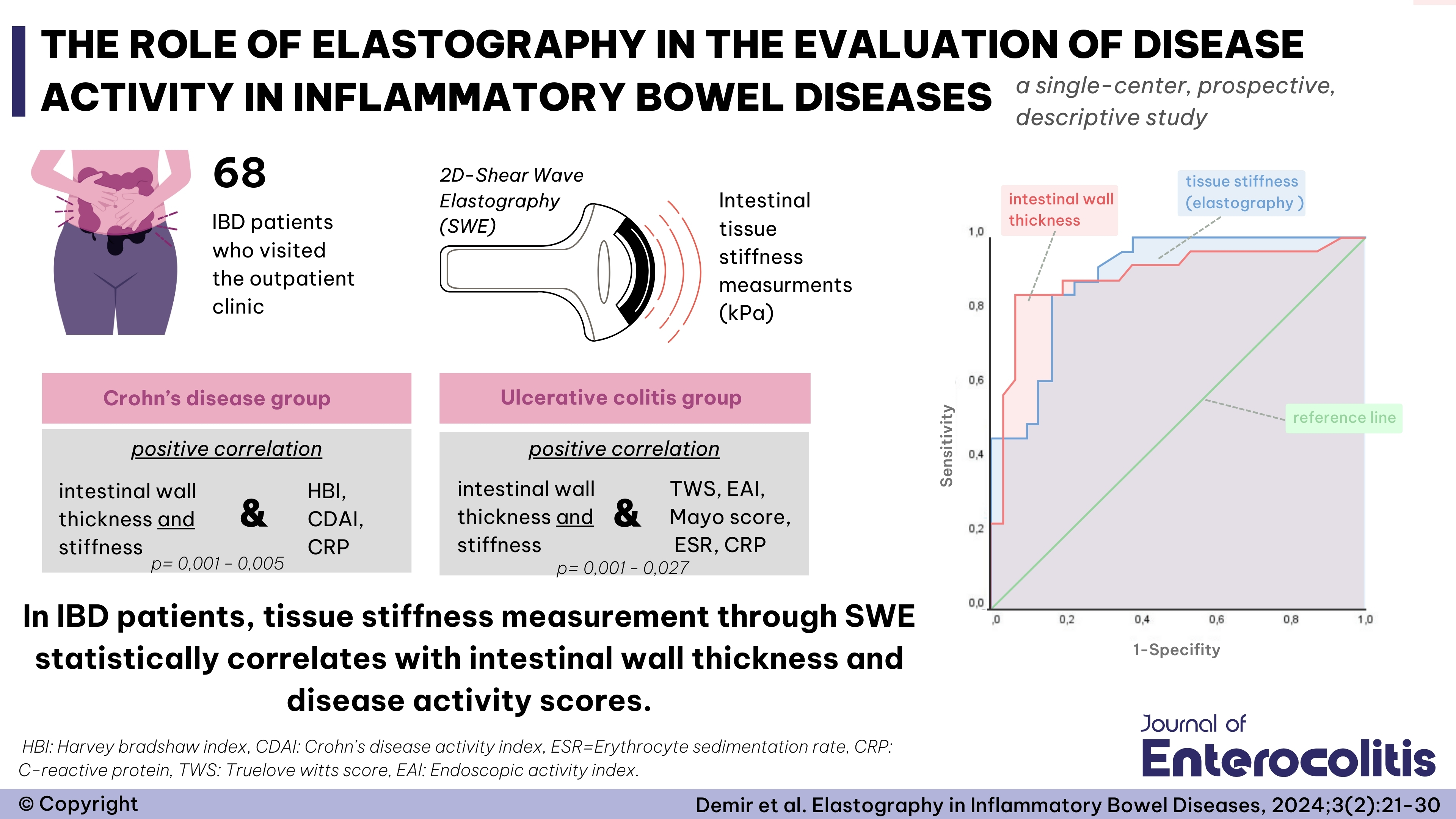
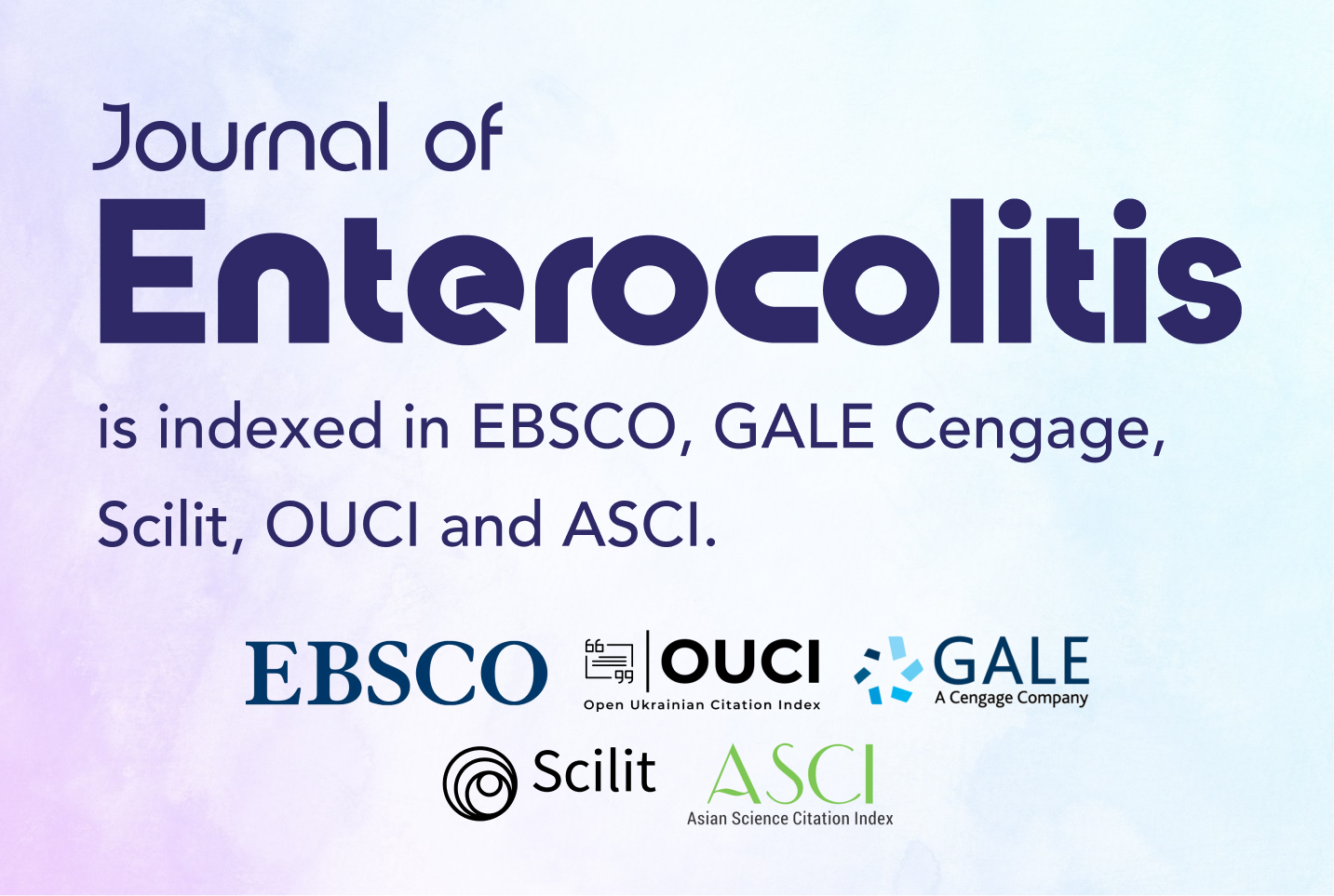
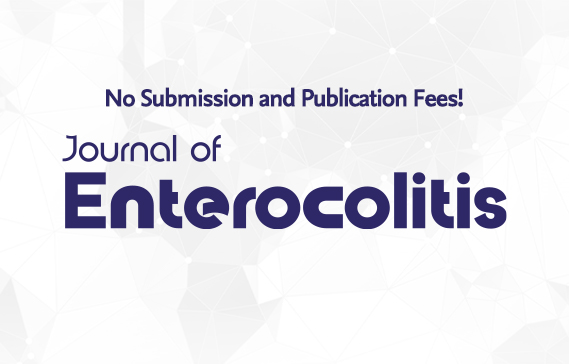
 Halit Kandemir1
Halit Kandemir1 






